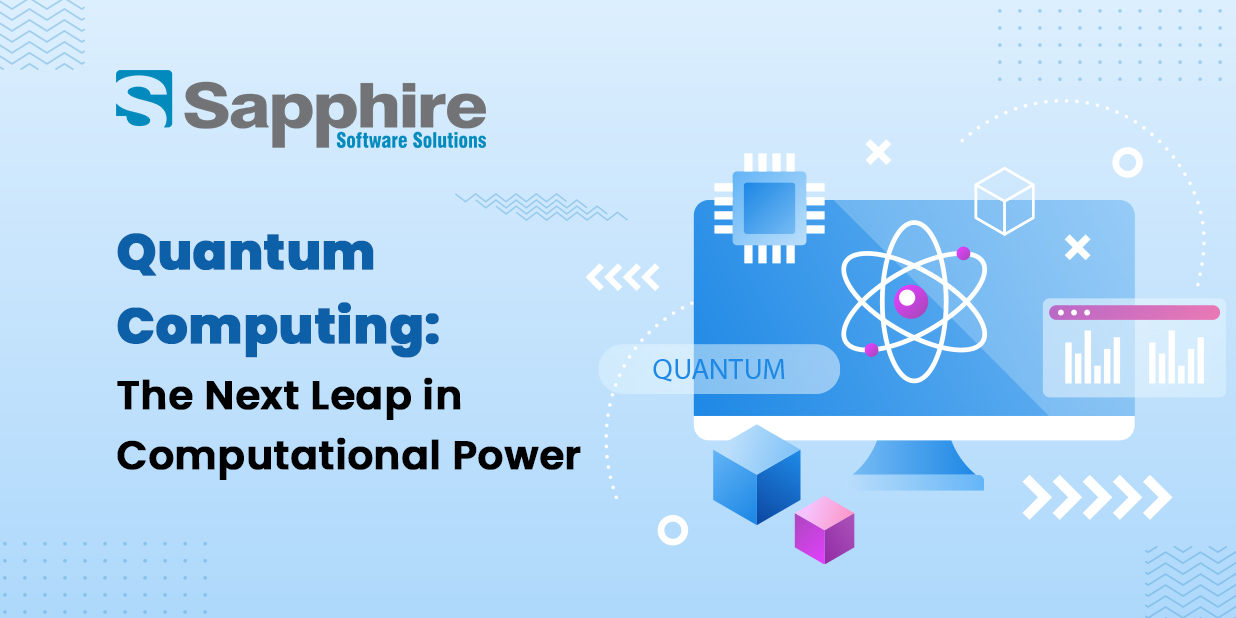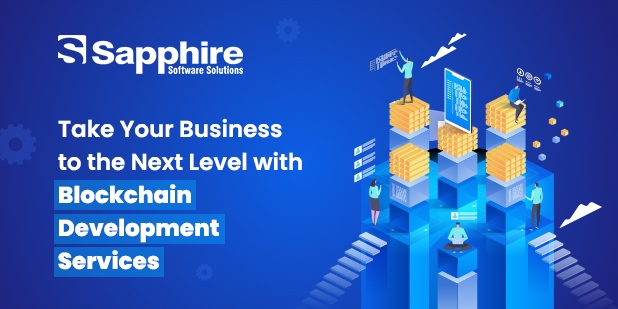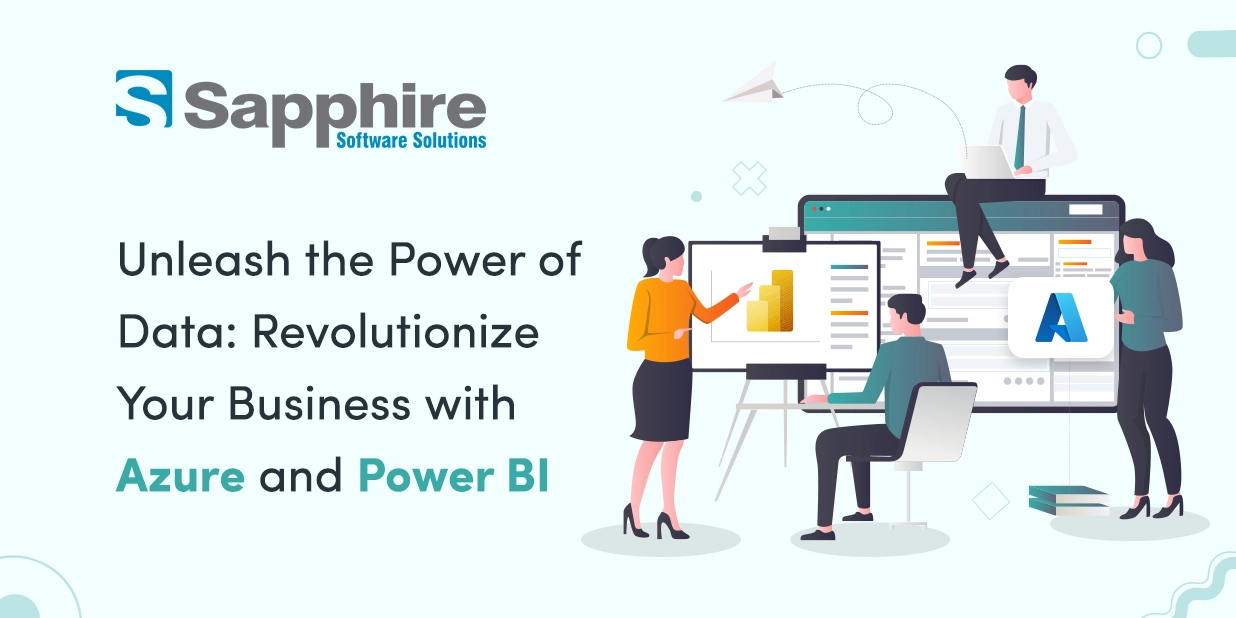Welcome to the quantum computing world of mind-bending weirdness — where physics and computer science intersect and challenge our notion of what’s possible. While our common computers calculate with bits (mere 0s and 1s), quantum computing taps the strange realm of quantum mechanics to calculate with qubits. In contrast to traditional bits that can be either 0 or 1, qubits can have multiple states at once, which opens computational power we’ve never experienced. This fundamental quantum computing meaning transforms our understanding of what computers can achieve.
This is no longer purely theoretical. Google, IBM, and Microsoft are throwing serious money into quantum research. In 2019, Google hit the headlines when they achieved “quantum supremacy” — in just 200 seconds solving a problem which would have taken the world’s fastest supercomputer approximately 10,000 years. This innovation caused shockwaves of excitement across scientific communities and beyond.
Interest in courses about quantum computing has skyrocketed as a consequence. Universities and online courses now present programs that enable individuals to understand not only what quantum computing explained looks like in practice, but how it could change our everyday lives. Student, coder, or business executive, there’s never been a more advantageous time to get started.
But how is all of this affecting regular citizens, corporations, and governments? Let’s find out what is already altering our world due to this ground-breaking technology and what is still yet to come.
Is Quantum Computing Google the Future of Tech?
When we speak about the future of quantum computing, Google’s development is impossible to overlook. Their Sycamore processor has made them the leader in the quantum race. For Google, it’s not about computing quicker—it’s about solving problems previously impossible to solve in areas such as drug discovery, logistics optimization, machine learning, and climate modeling.
What sets Google apart? Their enormous cloud infrastructure and profound talent pool give them a special edge. They’re not only developing quantum computers—they’re embedding quantum services into the larger tech ecosystem, with the goal of making these capabilities accessible to developers around the globe through Google Cloud.
The stakes extend well beyond technology communities. Picture weather forecasting networks that are faster and more accurate, AI algorithms trained in minutes rather than weeks, or intelligent city traffic control systems that all but wipe out gridlock. These are not science fiction visions—they’re a preview of what quantum computing might make possible, particularly with businesses like Google leading the charge.
Governments and schools are already collaborating with Google to experiment with quantum solutions for tackling problems on a national scale. From space exploration to national defense, the potential uses are growing exponentially. If you’re following the evolution of quantum, Google’s environment is worth your while.
Quantum Computing Price Breakdown: How Much Does It Really Cost?
Let’s be real—what does it really take to enter quantum computing?
It’s certainly not as easy as shelling out for a new laptop. Quantum computers take on mind-bending hardware: dilution refrigerators cooled to just above absolute zero, precision lasers, vacuum technology, and weird superconducting materials. Developing and sustaining even a rudimentary quantum system costs millions of dollars.
Google’s Sycamore processor project was said to have cost tens of millions in hardware and R&D alone. IBM and Intel have similarly invested in their quantum facilities. But being the owner of a quantum computer is not the only path forward. Cloud-based quantum computing is increasingly becoming feasible, with major players providing pay-as-you-go arrangements for developers and researchers—making it possible to access without having to own the hardware.
For businesses considering the cost of quantum computing, it’s not merely hardware or cloud time, but also training personnel, integration costs, and security protocols. The good news is that you don’t have to create your own device to begin. Enrolling in a quantum computing course is a cost-effective way to learn and use online simulators.
A number of startups now provide low-cost entry points for simulation and learning, where researchers and developers can gain hands-on experience. From a commercial point of view, the cost-benefit ratio gets better as technology evolves.
Cost, however, is still a major impediment to mass adoption. This is where institutions and governments can intervene with funding and infrastructure support. Public-private partnerships can be the solution to reducing costs in the long run.
Top 5 Quantum Computing Applications You Didn’t Know Existed:-
1. Drug Discovery & Healthcare:
Quantum computing is being applied by pharmaceutical companies to model molecular shapes, slashing dramatically the time and cost of discovering new medicines. Quantum simulations have the potential to offer atomic-scale insights that conventional systems simply are not capable of. Cancer therapy, targeted medicine, and vaccine creation are merely a few health domains leveraging quantum methods.
2. Logistics Optimization:
DHL and FedEx are among the companies investigating quantum computing to address difficult routing issues. Quantum algorithms can examine hundreds of logistics variables in parallel. Globally, this translates into more intelligent delivery schedules and lowered fuel consumption.
3. Financial Modeling:
Banks and investment houses are leveraging quantum computing for portfolio optimization, risk management, and fraud detection by processing enormous amounts of data at exceptionally fast speeds. Real-time trades and market forecast models become more precise, reducing risk and maximizing returns.
4. Materials Science:
From improving batteries to developing new superconductors, quantum computing enables scientists to forecast how materials will act at the quantum level. This has applications ranging from aerospace parts to environmentally friendly building materials.
5. Agriculture & Climate Forecasting:
Given its capability to emulate very intricate systems, quantum computing applications include crop yield optimization and weather pattern predictions with more precision. Farmers would be able to make more informed decisions, whereas governments can better prepare for climatic events.
These uses only scratch the surface. As tech advances, quantum-enhanced capabilities that once seemed limited to science fiction can become commonplace. Even consumer products—smartphones, wearables, and IoT devices—may ultimately include quantum-boosted algorithms for enhanced performance.
The Quantum Computing Architecture Explained in Simple Term:-
In its essence, a quantum computer revolves around qubits. Unlike binary bits in ordinary computers, qubits take advantage of quantum phenomena such as superposition and entanglement. This enables them to process countless possibilities at the same time. Having quantum computing explained in simpler terms helps demystify what can otherwise seem like an impenetrable subject.
Here’s the simplified explanation:
- Qubits: Basic information units
- Quantum Gates: Applied to qubits, akin to logic gates in conventional computers
- Quantum Circuits: Collections of gates that execute algorithms
- Control Systems: Manage gate operations with ultraprecise coordination
- Cryogenic Systems: Cool qubits to temperatures sufficient to preserve quantum behavior
- Error Correction: Provide stability despite quantum noise
This architecture clarifies how powerful, yet tricky quantum computing is. If you would like to know more, taking a quantum computing course is worthwhile. Courses on quantum computing explain how software talks to hardware within quantum systems.
Finally, architecture decides the extent to which a quantum computer operates. Whether to break encryption or model chemical reactions, the reliability and design of the system plays a vital role in successful application. As firms develop more solid systems, we’re witnessing the move towards scalable, modular architectures.
Top 5 Quantum Computing Advantages and Disadvantages You Should Know:-
Advantages:
- Massive Parallelism: Exponentially faster solutions to complicated problems
- Energy Efficiency: Possibility of using less energy than classical supercomputers
- Advanced Simulations: Molecular and physical simulations at levels of fidelity never before possible
- Optimization: Revolutionizing industries based on logistics and analytics
- AI & Machine Learning: Enhancing the power of AI algorithms
Disadvantages:
- Expensive: Cost continues to be infeasible for mass adoption
- Delicate Qubits: Prone to decoherence and noise
- Scalability Issues: Coherence proves hard to preserve with more qubits
- Advanced Maintenance: Takes extreme temperatures (close to absolute zero)
- Security Risks: May be capable of cracking current encryption techniques
Learning these trade-offs places realistic expectations. Although the potential is vast, the way forward has technical and practical challenges. However, companies that invest in quantum capabilities today will be perfectly placed for breakthroughs tomorrow.
What Is Quantum Security Services? How Quantum Tech Is Reinventing Cybersecurity?
Welcome to the realm of Quantum Security Services—the future of cybersecurity.
Conventional encryption depends on mathematical problems that are hard for traditional computers to break. However, quantum computers might be able to break them with ease. That is where quantum cryptography is needed. Quantum phenomena such as entanglement and superposition can be utilized to encrypt data in a manner that makes eavesdropping detectable at once.
Quantum Security Services like Quantum Key Distribution (QKD) enable ultra-secure communication. Major financial institutions and governments are already testing these approaches to protect critical infrastructure. Defense departments and intelligence agencies worldwide are developing strategies around post-quantum cryptography.
The changing threat environment, compounded by the rapid development of quantum technology, means that the cybersecurity sector has to change. By adopting Quantum Security Services, organizations can future proof their data protection strategy. Universities already have special courses in quantum-safe algorithms and encryption protocols.
Security professionals ever more unanimously believe that to be ready for a quantum-safe world, action needs to be taken today. As quantum computing power increases, existing encryption systems need to adapt—or be left behind.
Key Benefits of Quantum Computing Services in 2025:
2025 is set to be a landmark year for quantum computing future. Here’s why:
- Cloud Access to Quantum Resources: Cloud giants are providing quantum as a service, bypassing on-premises hardware
- Integration with AI & Big Data: Improving decision-making by processing huge datasets in real time
- Increased Research Availability: More universities and startups are entering the quantum revolution due to open-source education and tools
- Industry Applications: From agriculture to aerospace, benefits are crossing industries
- Enhanced ROI: Early adopters are already realizing competitive benefits
- Scalability & Innovation: Continuing advancements in quantum architecture are enabling more scalable and cost-effective services
- Augmented Cybersecurity: Building on Quantum Security Services keeps organizations ahead of evolving threats
- Education & Awareness: Materials with quantum computing explained content are leveling the playing field for knowledge access
- Rapid Prototyping: Developers can test and deploy quantum algorithms more quickly than ever
- Workforce Development: Governments are investing in training initiatives to meet talent demands
As quantum computing technology unfolds, education and strategic adoption will become instrumental in staying informed and able to take full advantage of quantum computing services.
Conclusion:
We’re at the threshold of a computing revolution. With breakthroughs spearheaded by firms such as Google, increasing accessibility via educational courses, and broadening applications to industries, it’s certain that the quantum age has started.
Quantum computing is no longer limited to physics research laboratories. As a student, tech enthusiast, or business leader, it’s becoming more critical to understand this technology. From delving into quantum architecture to considering the pros and cons, the process is challenging yet thrilling.
As we move towards Quantum Security Services and ethic-driven quantum services, entry is becoming easier. What was a purely academic goal is now migrating into classrooms, boardrooms, and data centers.
The quantum world isn’t coming—it’s already here, entangled and ready to change our world. A few years back, the notion that quantum computers would be practical tools seemed fantastical. Today, the discussion has changed drastically. From governments pouring billions of dollars into quantum research to new startups popping up everywhere, quantum computing isn’t an emerging niche—it’s an unfolding revolution.
This change isn’t just technical—it’s cultural. Colleges and universities are adding quantum computing courses to their curricula to accommodate increasing demand for quantum-literate professionals. Businesses are racing to comprehend how this tech can potentially provide them with a competitive advantage. And everyone from programmers to cybersecurity professionals is diving into quantum topics to remain ahead of the technology curve.
The world we are moving into demands new thoughts and new ideas. As the internet revolutionized business, communication, and culture, quantum computing has the potential to shake up and augment almost every area of our lives. It could help solve some of the world’s most pressing challenges—from speeding up the discovery of medicines and the optimization of supply chains to secure communication and simulating climate systems.
This isn’t the next thing in computing—it’s a paradigm change. Those who see it and prepare for it—through learning, innovation, and early adoption—will contribute to shaping what comes next. So, whether you’re interested in quantum architecture, fascinated by its paradoxes, or ready to dive into its applications, remember: the future isn’t coming. It’s already happening all around us. Understanding the fundamental meaning of quantum computing and implications will be essential for navigating this new landscape.





































